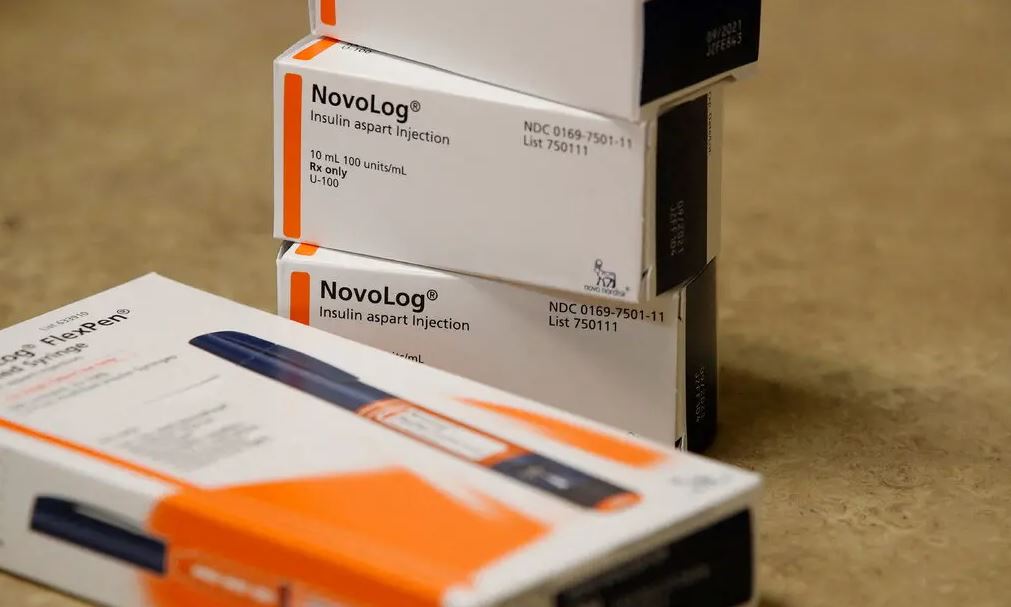Novo Nordisk, a pharmaceutical firm, said on Tuesday that it will drop the suggested retail pricing of many of its insulin medications by up to 70 percent, reversing several years’ worth of price hikes in response to increasing levels of market pressure.
The firm did not make any announcements on adjustments to the out-of-pocket prices for diabetic patients, but it did state that its current initiatives maintained those costs as low as $25 per vial for a significant number of diabetic patients. Instead, the price reduction will only apply to the list price, which is the first figure that is used in subsequent rounds of negotiations and reductions to arrive at the final price of a medication.
The choice made by Novo Nordisk, one of the largest insulin manufacturers in the world, came on the heels of a decision made by Novo Nordisk’s competitor Eli Lilly this month, which was also made in response to pressure from President Biden, lawmakers, and patient advocates who urged the company to lower prices for patients. Medicare recipients over the age of 65 have had their out-of-pocket expenses for insulin capped at $35 per month since the beginning of this year due to a ceiling that was required by the federal government.
Novo Nordisk has said that it would begin implementing its pricing cuts at the beginning of the next year. The stated price of a vial of rapid-acting NovoLog, which is one of the insulin medications that is used the most often, will drop from $289 to $72, effective immediately. The increased price was still around twice as much as it had been before to the launch of NovoLog in the year 2000.
Novo Nordisk has said that their price reductions will also apply to NovoLog injectable pens, long-acting Levemir, intermediate-acting Novolin, and a number of other generic insulins.
Insulin, a treatment that is necessary for survival for millions of people who have diabetes, has been a source of conflict for years, as concerns have grown around the cost of various medications. Patients don’t always know about programmes established by manufacturers to reduce out-of-pocket expenses, and even when they do, the programmes might have stringent eligibility restrictions and be difficult to navigate. Manufacturers have long had programmes aimed to limit out-of-pocket costs. As a result of having to pay hundreds of dollars each month out of their own pockets, several patients have been forced to restrict their insulin supplies.
It’s possible that the price reduction made by the manufacturers won’t have much of an impact. There is often a significant disparity between the list price of an insulin product and the net price that the business charges insurers after taking into account any reductions or rebates that may apply. Insulin producers, who have steadily raised their costs over the course of many years, have pointed the finger of blame at pharmacy benefit managers, who serve as intermediaries to negotiate rates on behalf of health insurers. These managers take on the role of reclaiming greater rebates.
Sanofi, one of the three companies that control the majority of the insulin market in the United States, has chosen not to comment on the question of whether or not it would follow its competitors’ lead. Olivier Bogillot, an executive at Sanofi, said in a statement that all patients, regardless of whether they had commercial insurance or are uninsured, were eligible for programmes that would drastically decrease the amount of money they would have to pay out of pocket for their treatment.
